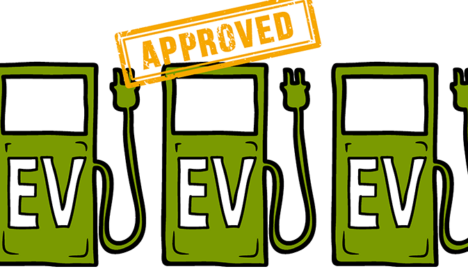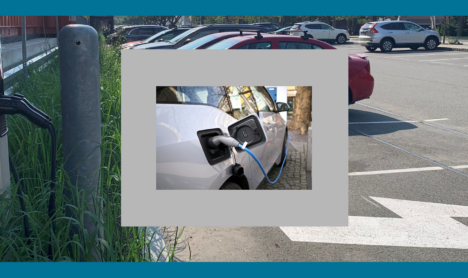Posts Categorized: Cities
-

It’s Now or NEVI
by Susan Buchan
Are states, cities and towns prepared for the new electric vehicle infrastructure funding?
When Congress passed the Bipartisan Infrastructure Bill in November of 2021, it made history for including the largest-ever federal investment in transportation electrification. One section of the law, the National Electric Vehicle Infrastructure (NEVI) Formula Program, will provide $1B each year from 2022-2026 “to provide funding to States to strategically deploy electric vehicle (EV) charging infrastructure and to establish an interconnected network to facilitate data collection, access, and reliability.” Read More
-

Charging Forward: How to Scale EV Infrastructure in Massachusetts and Beyond
by Rachel Fishman
The age of the electric vehicles has arrived and it’s here to stay. In a recent poll, 56% of Massachusetts respondents say they are likely to purchase an EV in the next five years. The Infrastructure Investment and Jobs Act will supply $7.5 billion to build a nationwide network of charging stations. Read More
-

Carsharing: The New Challenges and Opportunities Presented by COVID-19
by Rachel Ehrman
The COVID-19 pandemic has shaken the world. It’s affected everyone, every business, every industry. While this time is one that is surely testing us all (hundreds of thousands of clean energy jobs vanished in a few short weeks), it is also a time to pause, reflect, and reshape our work to come out of this difficult time more resilient than before. This is especially true of industries that rely on shared use when many people seek every precaution possible to avoid the virus. Despite its environmental and financial benefits, carsharing is struggling. Read More
-

Reducing Emissions One City at a Time
by Andrew Chase
Across the United States, local and state governments have committed to reducing carbon emissions and increasing renewable generation. One significant source of emissions is our built environment — residential, commercial and industrial buildings. New York, our nation’s largest city, recently recognized that buildings comprise 70% of its total emissions. The city recently passed the Climate Mobilization Act requiring large buildings to reduce emissions by 40% by 2030–and 80% by 2050. Read More
Recent Articles
- Once Upon an Energy Efficiency Conversation: Using Storytelling to Talk About Energy Policy
- Navigating Uncertainty: Staying Motivated and Inspired by the Growth of Energy Work
- Election Rhetoric vs. Reality: Pennsylvania’s Clean Energy Vision
- Carrying Our Weight: Shared Wisdom for Backpacking & Energy Efficiency
- The Human Element: Bringing Trauma Informed Practices to Clean Energy Policy